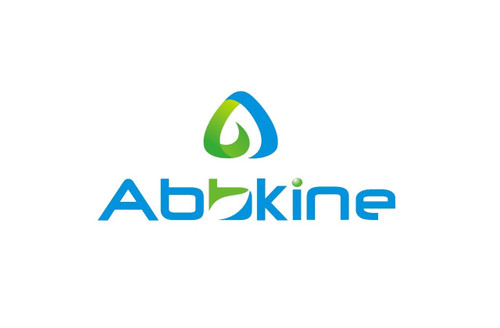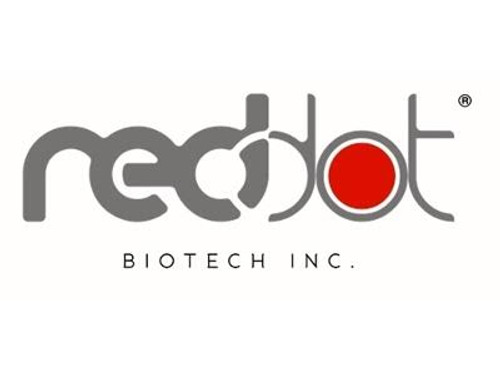Product Description
Human Cluster of differentiation 4 (CD4) ELISA Kit | KTE62426 | Abbkine
Application: This Human Cluster of differentiation 4 (CD4) ELISA Kit employs a two-site sandwich ELISA to quantitate CD4 in samples. An antibody specific for CD4 has been pre-coated onto a microplate. Standards and samples are pipetted into the wells and anyCD4 present is bound by the immobilized antibody. After removing any unbound substances, a biotin-conjugated antibody specific for CD4 is added to the wells. After washing, Streptavidin conjugated Horseradish Peroxidase (HRP) is added to the wells. Following a wash to remove any unbound avidin-enzyme reagent, a substrate solution is added to the wells and color develops in proportion to the amount of CD4 bound in the initial step. The color development is stopped and the intensity of the color is measured.
Detection Method: Colorimetric
Conjugate: N/A
Sample Type: Cell culture supernatants#Serum#Plasma#Other biological fluids
Assay Type: Multiple steps standard sandwich ELISA assay with a working time of 3-5 hours. It depends on the experience of the operation person.
Kit Component: • Human Cluster of differentiation 4 microplate
• Human Cluster of differentiation 4 standard
• Human Cluster of differentiation 4 detect antibody
• Streptavidin-HRP
• Standard diluent
• Assay buffer
• HRP substrate
• Stop solution
• Wash buffer
• Plate covers
Features & Benefits: Human Cluster of differentiation 4 (CD4) ELISA Kit has high sensitivity and excellent specificity for detection of Human CD4. No significant cross-reactivity or interference between Human CD4 and analogues was observed.
Calibration Range: Please inquire
Limit Of Detection: Please inquire
Usage Note: • Do not mix components from different kit lots or use reagents beyond the kit expiration date.
• Allow all reagents to warm to room temperature for at least 30 minutes before opening.
• Pre-rinse the pipet tip with reagent, use fresh pipet tips for each sample, standard and reagent to avoid contamination.
• Unused wells must be kept desiccated at 4 °C in the sealed bag provided.
• Mix Thoroughly is very important for the result. It is recommended using low frequency oscillator or slight hand shaking every 10 minutes.
• It is recommended that all samples and standards be assayed in duplicate or triplicate.
Storage Instruction: The unopened kit should be stored at 2 - 8°C. After opening, please store refer to protocols.
Shipping: Gel pack with blue ice.
Precaution The product listed herein is for research use only and is not intended for use in human or clinical diagnosis. Suggested applications of our products are not recommendations to use our products in violation of any patent or as a license. We cannot be responsible for patent infringements or other violations that may occur with the use of this product.
Background: CD4 (cluster of differentiation 4) is a glycoprotein expressed on the surface of T helper cells, regulatory T cells, monocytes, macrophages, and dendritic cells. It was discovered in the late 1970s and was originally known as leu-3 and T4 (after the OKT4 monoclonal antibody that reacted with it) before being named CD4 in 1984.In humans, the CD4 protein is encoded by the CD4 gene. CD4 is a co-receptor that assists the T cell receptor (TCR) to activate its T cell following an interaction with an antigen presenting cell. Using its portion that resides inside the T cell, CD4 amplifies the signal generated by the TCR by recruiting an enzyme, known as the tyrosine kinase lck, which is essential for activating many molecules involved in the signaling cascade of an activated T cell.
Alternative Names: CD4; CD4mut; CD4 antigen; CD4 antigen (p55) ; CD4 receptor
Search name: CD4; CD4mut; CD4 antigen; CD4 antigen (p55) ; CD4 receptor
Tag: CD4
 Euro
Euro
 USD
USD
 British Pound
British Pound
 NULL
NULL








